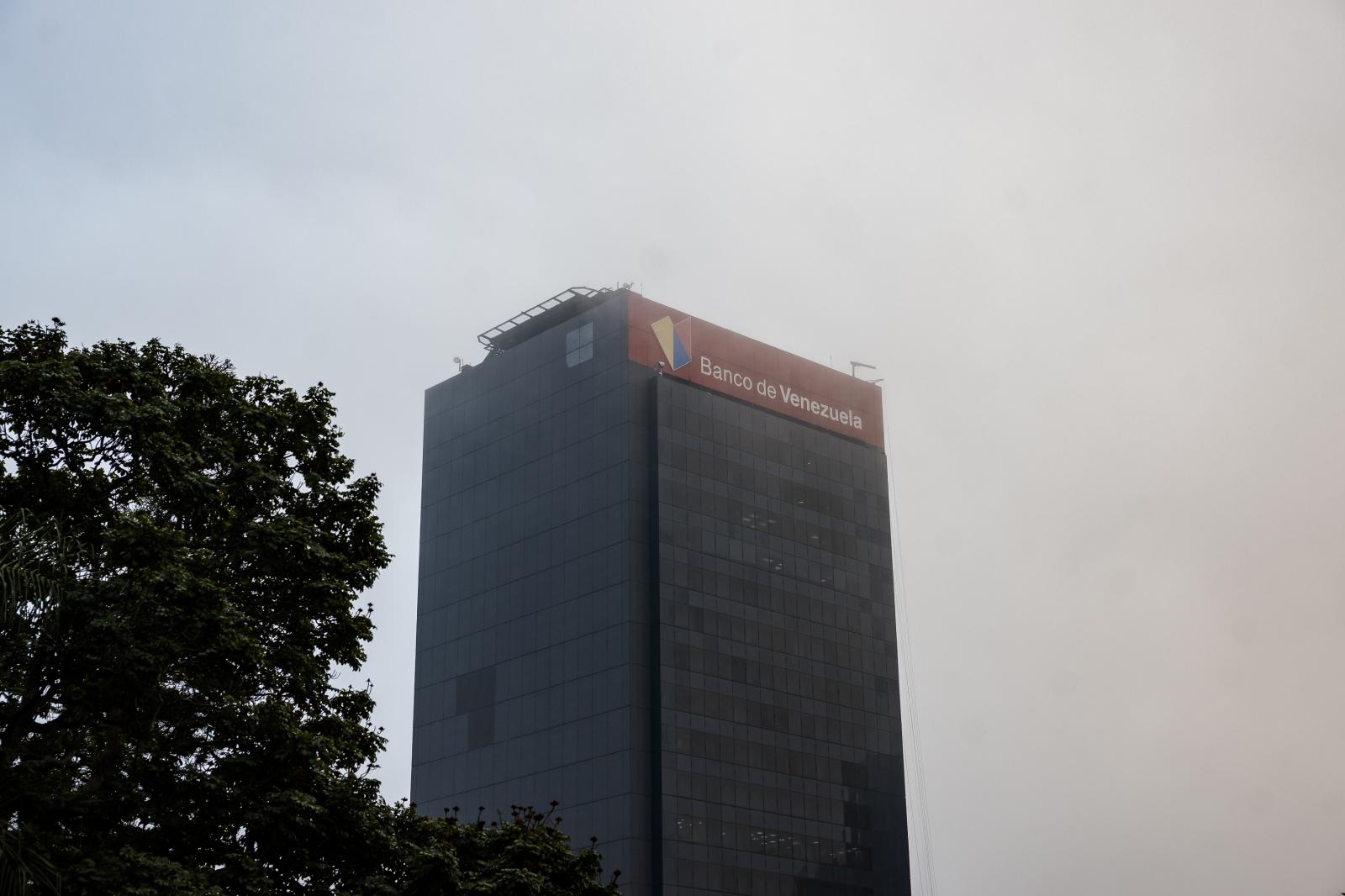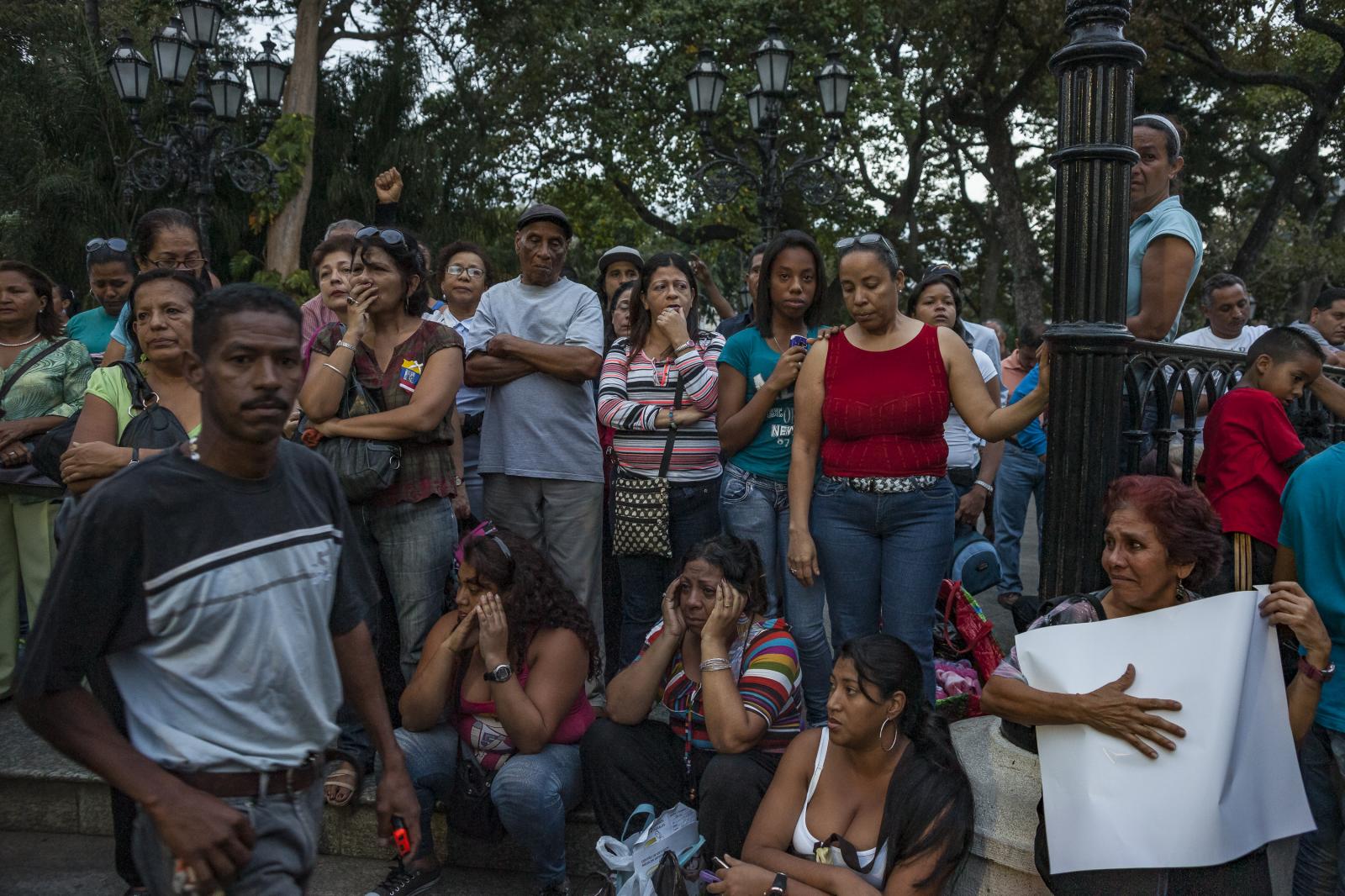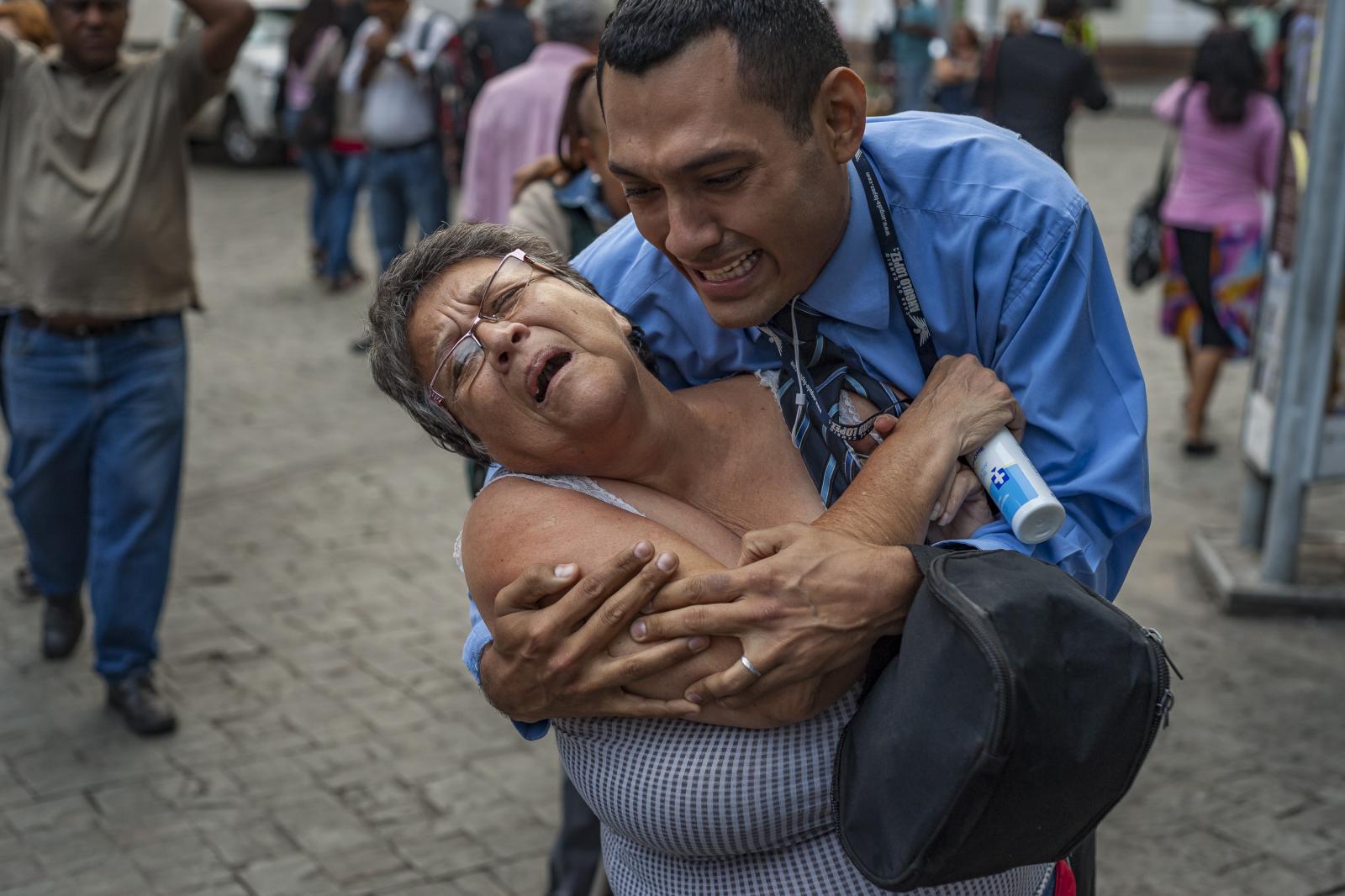Public Project
Chávez's death
On March 5, 2013 at 4:15 p.m., the Venezuelan television announced the death of Hugo Chávez. After several months battling cancer in a hospital in La Habana, Cuba, the one who had been president of Venezuela since 1999, died suddenly to the surprise of many Venezuelans.
His humble origin allowed him to excite and mobilize the popular classes of the neighborhoods of Caracas: forgotten people from the interior of the country, indigenous and military people, quickly related to him.
When Chávez died, it had been 5 months since I was living in Caracas, and the news of his death surprised me in the middle of an interview in Plaza Bolívar, the symbolic center of Chavismo. People started screaming and running to a television that was always set up in a tent in the square so they could hear the news. The next day, a demonstration of two million people took his body in procession throughout Caracas, and 10 days of wake were decreed. People from all over Venezuela and other American and African countries came to say goodbye.
Chavism tried to reunify with Maduro, hand-picked by Chavez himself, although he never convinced, and the people were demoralized. The opposition took advantage of the loss of power, and in 2014 the streets burned in riots (guarimbas). His death meant a turning point, not only for Venezuelan politics, but also for Latin American politics.
5,010





























